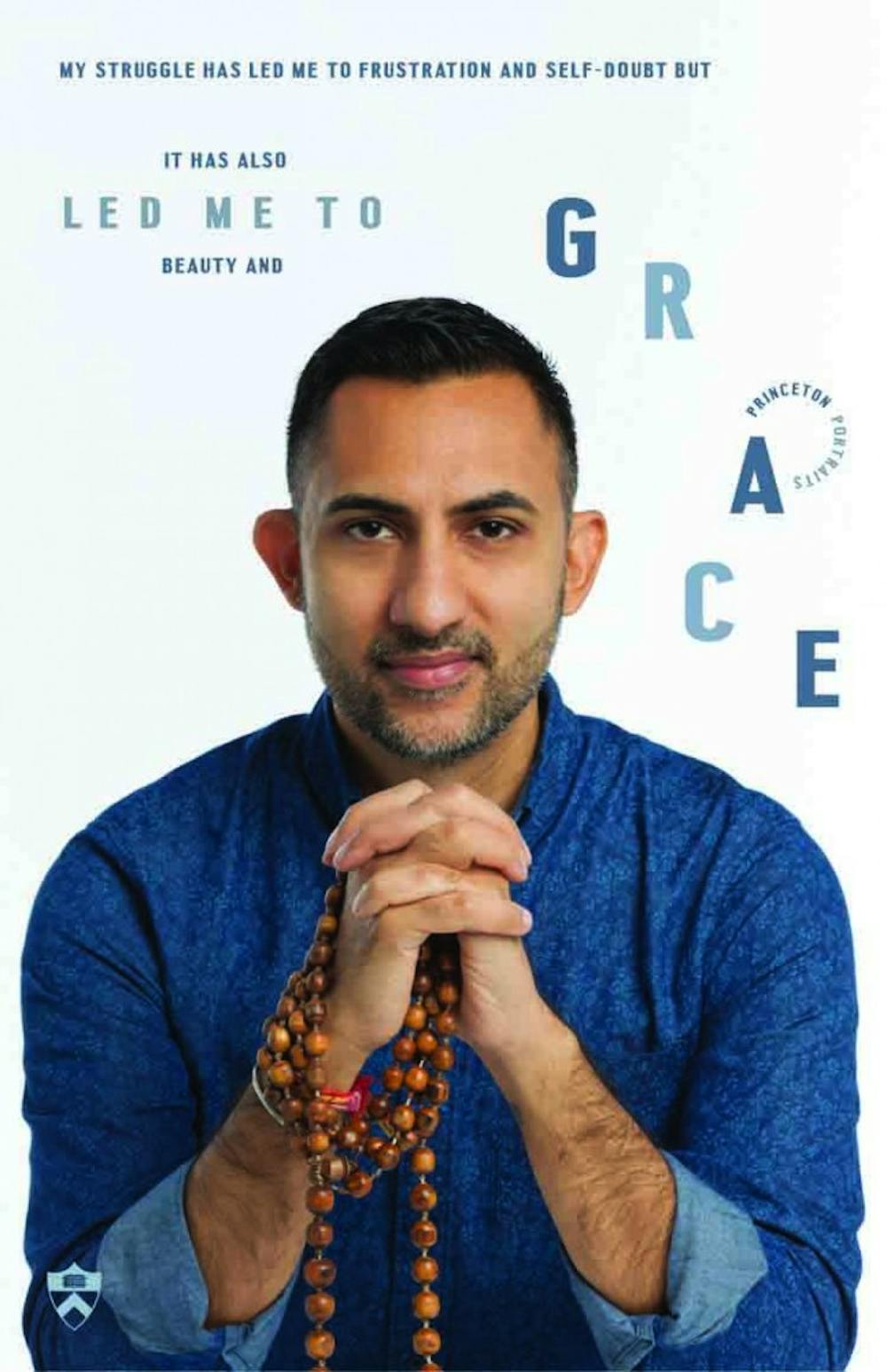This week, Street explored the Princeton Portraits Project, which was overseen by Debbie Bazarsky, manager of Diversity and Inclusion in Human Resources. Adam Mastoon, a socially conscious photographer, was in charge of shooting the portraits, while Andy Chen and Waqas Jawaid, both from Isometric Studios, created the website.

The Princeton Portraits Project challenges existing views of the University administration by offering us an insight into who the administrators are as individuals. Many students consider administrators only in the scope of their roles in the University. It is easier to think of faculty members as the collective and elusive “administration” that makes decisions that affect our lives at the school, rather than consider who they are as unique individuals. According to Annette Chu ’20, she tends to “view administrators as being very distant in their positions of power.”
Therefore, Princeton Portraits Project aims to shed lights on the diversity of the University administration, which may not be as obvious to the wider public.
The project, which can be found on portraits.princeton.edu, comprises of portraits of different administrators of color, which are accompanied by short descriptions of their life stories and the personal journeys that have led them to their present position.
The actual portraits were created by Mastoon, who is a “socially engaged artist driven by a desire to create work that generates social awareness and speaks to issues of social justice.” According to Mastoon, a vital step in the process of creating the portraits was listening to and conversing with the administrators in order to determine what they wanted their portraits to convey.
By doing this, Mastoon allows us to appreciate the importance of taking the time to listen to one another. Too often, tension arises between students and the administrators because of misunderstandings that can be solved by taking the time to share and understand one another’s perspectives.


The portraits in the project highlight some of the University administrators who work towards the promotion of diversity and inclusion. Although the phrase “diversity and inclusion” might seem like a token phrase that many schools, organizations, and businesses often throw around, this project’s attempt to reveal the people who are dedicated to achieving diversity and inclusion at the University suggests that people genuinely care about the improvement of diversity and inclusion in the University community.
Many of the descriptions that accompany the portraits describe exactly what these administrators actually do. This project not only helps its audience to understand the duties of these administrators, but also “displays [the] humanness [of the administrators] and allows others to see the multiple perspectives [that they] have,” as LaTanya Buck, Dean for Diversity and Inclusion, describes.
And this diversity of perspectives applies to not only members of faculty and administration, but also ourselves as students. Katherine Powell ’20 finds it crucial to “see [ourselves] reflected [not only] in the student body but also [in] the administration.”
As relevant as this project is, can it actually be used to promote diversity in the University community? On one hand, the answer would be no, because although it is interesting to read and learn more about some of the University administrators, the project is not taking practical action. On the other hand, however, it is helpful for students to see diversity reflected in the administration and for many prospective students, and their parents, being able to see that the University is committed to improving diversity and inclusion would be an integral factor when choosing schools.

When asked if he would approach the project differently if he could, Mastoon replied that he is “pleased with the final results of the project [but] would welcome the opportunity to also tell the stories of students [as] amplifying the voices of students.”
To see the portraits and learn more about the administrators, visit the website, portraits.princeton.edu. Try using the site as a launchpad for conversation with some of the administrators. You never know what you could learn just from listening.









